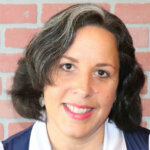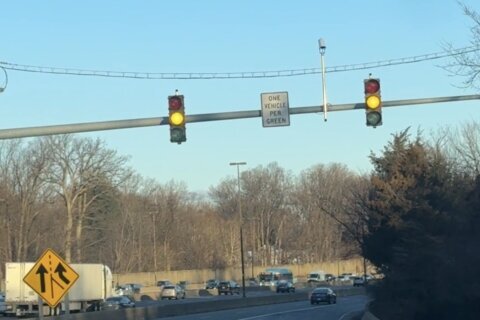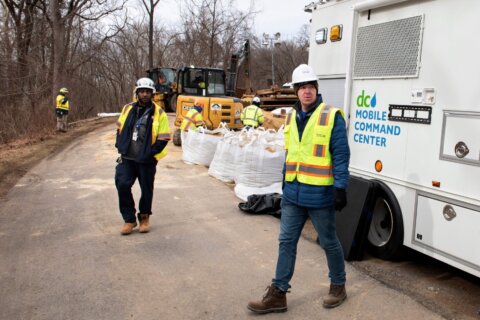What if, by 2040, all electricity grids were powered by clean energy, and all cars, trucks and buses sold were zero-emissions vehicles? A new report suggests the D.C. region’s residents could overall be healthier.
“What we don’t see is the toll that combustion is taking on our health in our lives,” said Paul Billings, national senior vice president of Public Policy for the American Lung Association.
Their new report “Zeroing in On Healthy Air” shows that a widespread switch to zero-emission vehicles over the next 20 years would make an enormous impact.
“What we found through our analysis is that this transition to electric vehicles running on a clean electric grid would prevent 3,500 premature deaths in the metro D.C. area, more than 104,000 asthma attacks, and 516,000 lost workdays between now and 2050,” Billings said.
According to Billings, the news isn’t just positive for the person who will no longer be getting sick from air pollution, but also for employers.
“We all have seen the impact of the pandemic on worker productivity. Reducing air pollution can also help improve our health and reduce that burden of people being ill,” Billings said.
The report also showed there is currently a disproportionate negative health impact from the poor air quality — low-income earners and communities of color are hit harder.
“We looked at the 100 counties with the highest population of people of color. We found that those 100 counties received $155 billion in health benefits,” Billings said. “This was 3% of the counties receiving more than 13% of the health benefits.”
The solution, he said, is for the government to really push toward change.
“We’re talking about a clean, non-combustion, renewable electric grid, transitioning away from oil, coal, gas, garbage and wood that’s used to generate electricity and a move to wind, solar and other renewable energy sources,” Billings said.
He hopes the report will help encourage governments at every level to take action and offer incentives and infrastructure to make the transition work.








